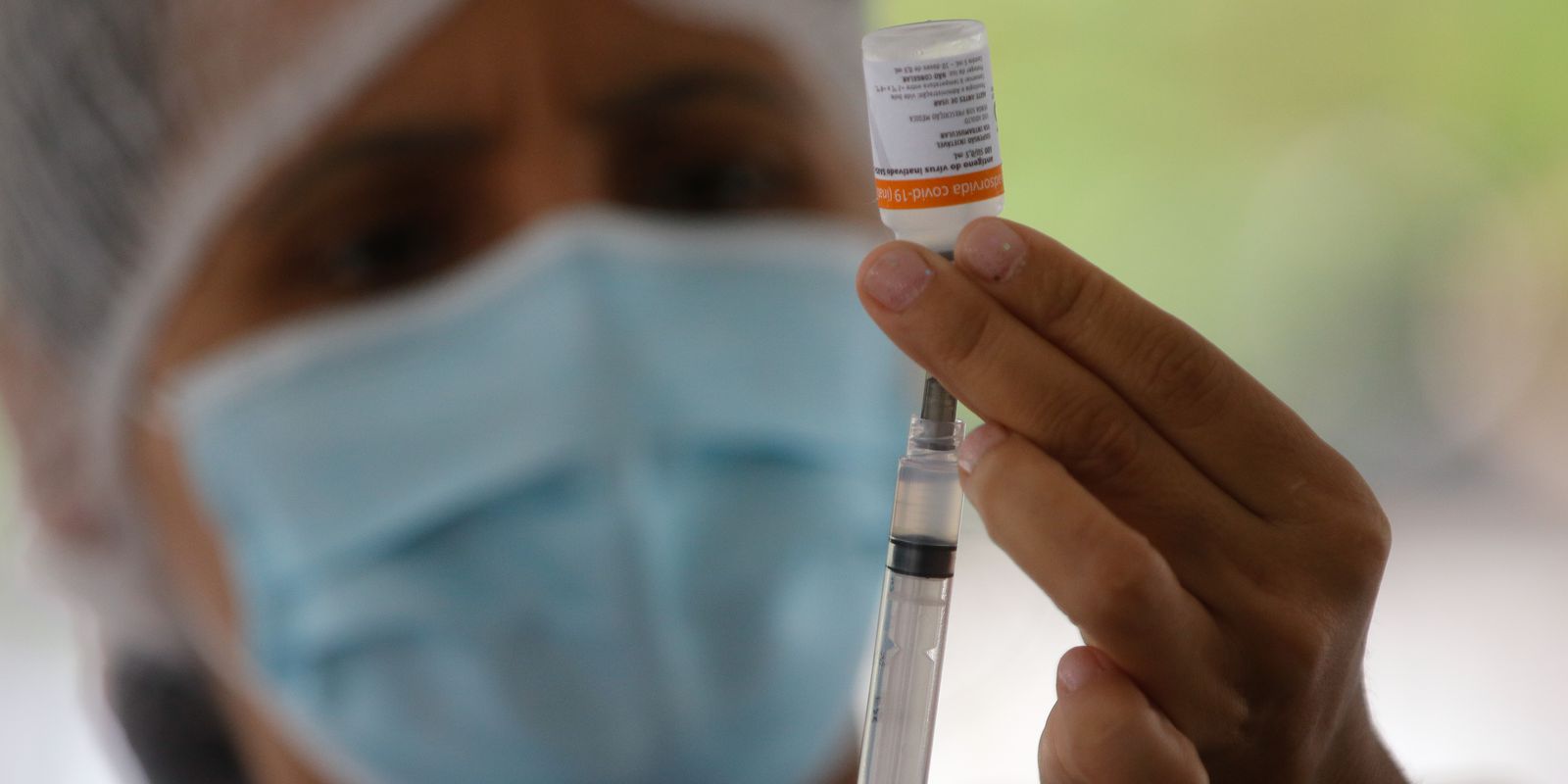Recovering the budget and establishing measures to rescue the health authority and the technical capacity of the Ministry of Health for coordinating the Unified Health System (SUS) are among the main challenges facing the government of president-elect Luiz Inácio Lula da Silva, who takes office in the next Sunday (1st).
Both strategies are considered essential so that other priorities in the area, such as the return of high vaccination coverage rates and facing queues in specialized care, can be put into effect. The portfolio will be headed by the current president of the Oswaldo Cruz Foundation (Fiocruz), Nísia Trindade.
According to a report prepared by the transition team, the country is experiencing a serious health crisis. In addition to the nearly 700,000 deaths caused by covid-19, the document highlights a generalized worsening of indicators, citing the risk of reintroduction of diseases such as polio and the return of hospitalizations due to child malnutrition caused by hunger.
The proposal is to implement a concentrated national effort to reduce waiting lists for diagnoses, treatments and low and medium complexity surgeries, all of which are very affected by the pandemic. This effort, according to the report, must be linked to structuring actions for the reorganization of resolute and integrated primary care.
Challenges
Also according to the publication prepared by the transition team, the serious health situation in Brazil stems from a set of institutional, budgetary and regulatory setbacks that led to the dismantling of health policies and that affected the functioning of several areas of the SUS.
“The degradation of the national health authority and the coordination and articulation role of the Ministry of Health were key factors in the disruption of hitherto successful policies and programs, such as the National Immunization Program (PNI), Mais Médicos, Popular Pharmacy, IST -AIDS and the National Policy for the Comprehensive Health of the Black Population.”
The document highlights that services that make up the SUS care networks were also seriously affected: primary care, mental health, women’s health, urgency and people with disabilities. It is estimated that, from 2018 to 2022, SUS losses reached almost BRL 60 billion, excluding expenses authorized by provisional measures related to covid-19.
“For 2023, health suffered the impact of the disorganization caused by the government’s budget proposal, with deleterious consequences for programs such as Farmácia Popular, Mais Médicos/Doctors in Brazil, Indigenous Health, among others. Also very high is the risk of collapse of essential services due to lack of federal funding and commitment to the purchase of essential supplies, including vaccines and medicines.”
Priorities
The document advocates prioritizing the recovery of areas such as mental health, women’s, children’s and adolescents’ health and the indigenous population. The same look should fall on programs cited as successful, but dismantled over the last few years, such as Farmácia Popular. Finally, the report highlights the resumption of stimulus to the development of the Economic and Industrial Health Complex and the digital transformation of the SUS.
The publication also assesses as urgent the verification of support conditions, inputs and contracts in general, cited as “seriously compromised” and as fundamental measures for the resumption of the development of a public, universal, integral and free health system.
“With regard to the social participation collegiate bodies, which were dismantled and discredited, it is imperative to rescue the commitment to strengthening the National Health Council (CNS), essential for social control and participatory management in the SUS; and the resumption of national health conferences”.


















